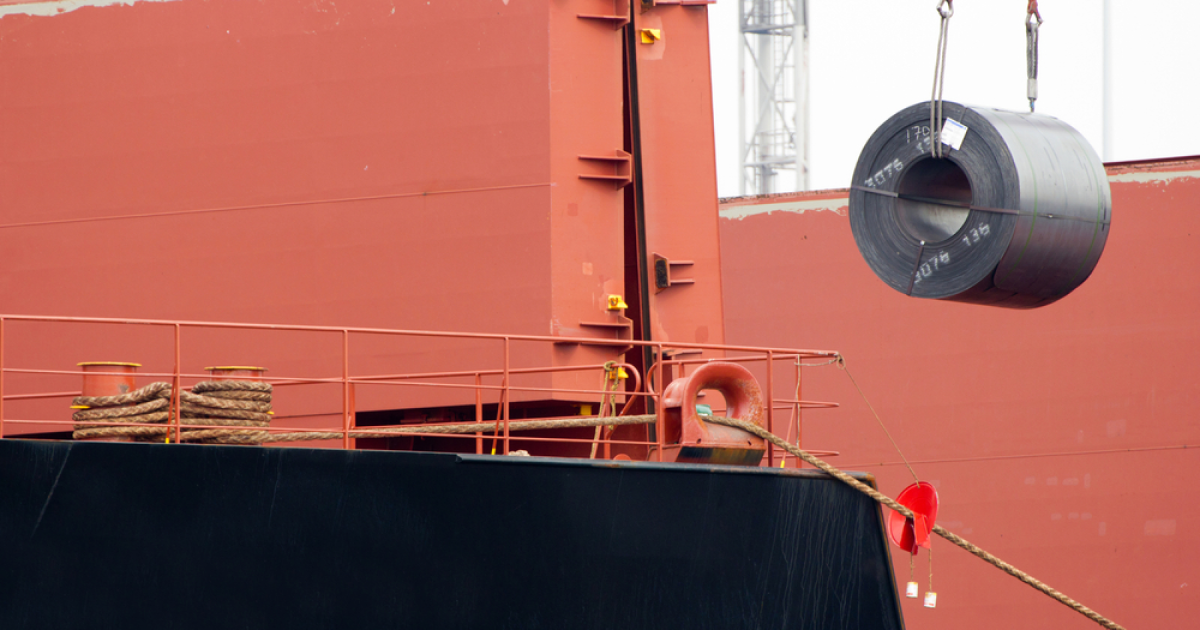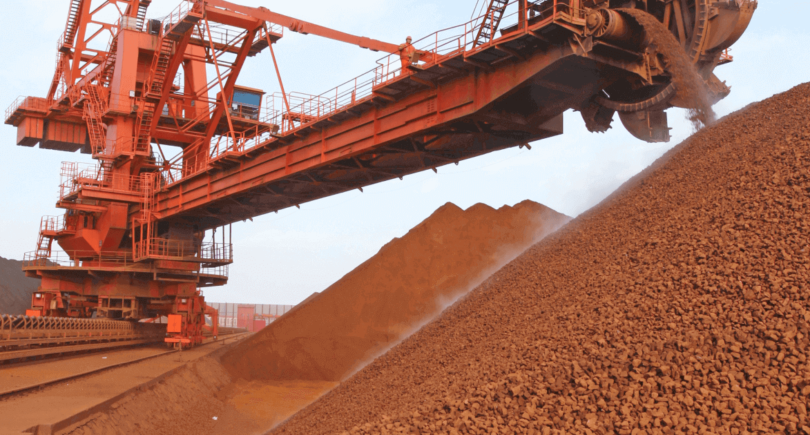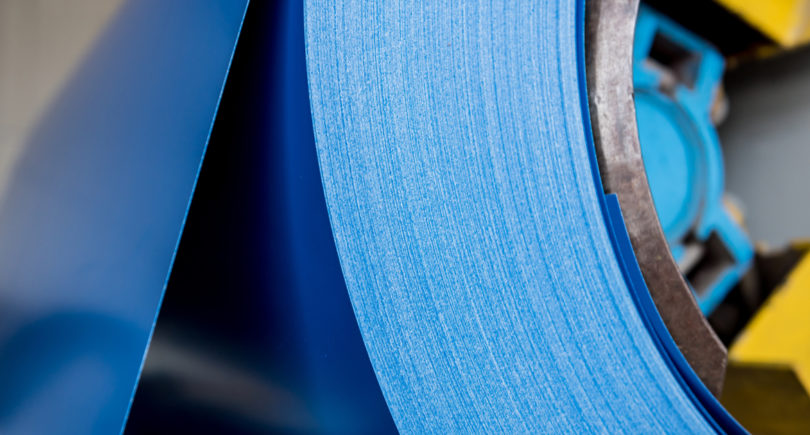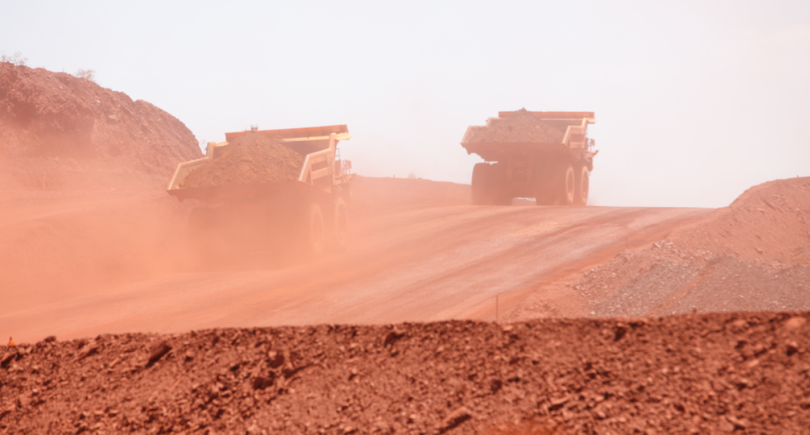
News Global Market захисні заходи 266 23 June 2025
Industry associations point to rising imports of Chinese steel products
The Organization for Economic Cooperation and Development (OECD), the Latin American Steel Association (Alacero), and Mexico’s Canacero have expressed concern about the critical situation facing the region’s steel industry. This is according to their recent joint study.
The organizations emphasize that the region is facing accelerated deindustrialization and urgently needs to implement industrial development policies that promote regional integration of value chains.
The associations note that Chinese steel has flooded the global market at artificially low prices as a result of direct and indirect subsidies that distort trade. In addition, China is investing in the ASEAN steel industry, increasing its production capacity. According to the report, over the past five years, these investments have added approximately 10 million tons of steelmaking capacity in these countries.
According to the study, over the past 15 years, Latin America has increased its imports of Chinese rolled products and semi-finished products by 233%, while indirect supplies from China increased by 338% between 2008 and 2024. The share of imports in consumption reached 39% last year.
The situation has had an impact on the region’s economic development. The OECD estimates that Latin America’s GDP has declined by 4 percentage points over the past 25 years, with Chile, Brazil, and Argentina being the most affected.
According to Alacero, since 2010, Latin America has introduced 79 trade measures, 51% of which were aimed at steel from China and ASEAN. However, their impact was limited due to the slowness of the process.
The study points to the need for a coordinated regional industrial policy and more flexible, decisive, and regionally coordinated trade measures. Otherwise, the Latin American steel sector risks a further decline in competitiveness.
In May this year, the Latin American steel industry emphasized the need for coordinated action on trade protection against steel imports. As Ezekiel Tavernelli, executive director of Alacero, noted, the average time for implementing protective measures in the region is 18 to 28 months, while in developed countries it is 12 to 14 months, and in some exceptional cases, such as the US, 8 to 10 months.




